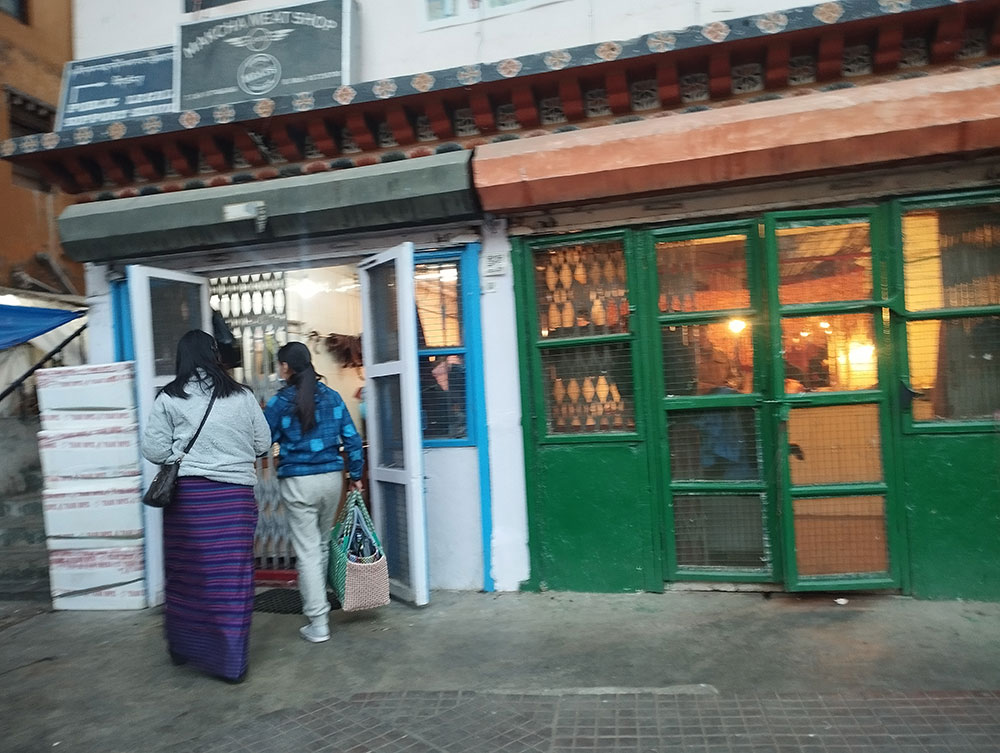YK Poudel
Sikkam costs Nu 1,800 per kilogram at the Sunday Market (CFM) in Thimphu. There is no room for price negotiation; it’s a take-it-or-leave-it scenario. With no opportunity to wait for prices to decrease, customers make their purchases.
As the Choetrul Dawa month approaches, meat stores witness a surge in residents flocking to various outlets, although not a heavy rush.
Meat shops nationwide will shut down during Choetrul Dawa, an auspicious period in the Bhutanese lunar calendar. This would be followed by Saga Dawa.
Salespersons at meat stores are bustling to meet the demand for meat on time. Likewise, meat suppliers hurry to Phuentsholing to ensure timely deliveries.
One driver mentions making two trips a day, transporting two to four tonnes of meat each time.
The owner of MG Meat Shop in Babesa notes a decrease in meat variety due to a ban from India, impacting sales and income. Another shop at Centenary Farmers’ Market reports higher demand, especially for local items, frozen products, and fish.
LAFA Meat Shop at Dondrup Lam notes increased sales, particularly from hotels and restaurants. “Hotels and restaurants make higher demands, while publics walk into the shop—these days we are able to earn between 80 and 100 thousand per day.”
A restaurant owner in Olakha comments on the ban on slaughtering, importing, or selling meat during auspicious months, noting that stocking meat in advance is common to meet customer demands. “The customers prefer and demand to have meat on the menu. Moreover, the ban seems to be a way to slaughter animals more to meet the increasing demand of the consumers,” she said.
Although there’s no official public notice from the ministry regarding the ban, it’s business as usual under the Bhutan Food and Drug Authority (BFDA). Non-compliance may lead to fines as per Livestock rules and regulations 2017.
According to Chapter seven of the Livestock Act of Bhutan 2001, certain days are designated as unsuitable for animal slaughter and meat sale. Choetrul Dawa, the first month of the Bhutanese calendar starting from February 8 to March 9, could become a strictly no-meat month. The month of miracles. It is believed to be the month when Buddha performed many miracles and outdazzled the rival teachers of his time.
Buddha has blessed this month with many miracles, the month is believed to be a spiritually powerful one. Bhutanese believe good done in this month will multiply a hundred thousand times. Thus, the month is also called Bumjur Dawa.
Similarly, Saga Dawa holds significance in the Bhutanese calendar as the day marks five major events in the life of the historical Buddha. Observers believe in abstaining from non-virtuous activities and promoting positive actions during this month.
Bhutan produced 1,232 MT of pork, 1,822 MT of chicken, 944 MT of Chevon, 174 MT of mutton, 187 MT of yak meat, and 37 MT of fish in 2022.


